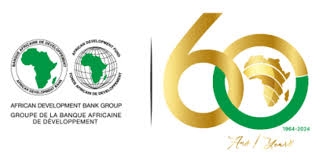The Board of Directors of the African Development Bank (AfDB) Group (www.AfDB.org) has approved a loan of 67.3 million U.S. dollars to Madagascar to implement the first phase of its economic growth-inducing Financial Management and Resilience Support Programme for 2024-2025.
The loan granted on September 20, 2024 from the concessional financing window of AfDB includes funding from the Transition Support Facility.
“The programme aims to contribute to the creation of favourable conditions for strong and inclusive economic growth by strengthening economic and financial governance, and improving economic resilience,” said Adam Amoumoun, manager of the African Development Bank’s Country Office in Madagascar.
“It is supporting the Malagasy authorities in implementing the priority reforms of Madagascar’s General State Policy (PGE) 2024-2028 and New Energy Policy for 2015-2030. It will help remedy the investment deficit by increasing the budget, through releasing additional resources for economic recovery, while improving governance in the energy sector,” he explained.
The programme plans to support the roll-out of the Integrated Tax Administration System (SAFI) to modernize tax management, computerize tax operations, facilitate local revenue collection and taxpayer management, and combat tax fraud.
It will also support the creation of a national register of beneficial owners of legal entities and legal structures, to identify people controlling businesses and facilitate investigations in case of corruption.
In terms of improving governance in the energy sector, the programme plans to support the action plan established by the JIRAMA (Madagascar’s public corporation for electricity and water services) and improve its short-term technical and financial performance to reduce the need for state support.
As a priority, the programme will support the people of Madagascar, by creating a better regulatory framework for promoting investments and the development of public-private partnership (PPP) projects and better sectoral governance, specifically in energy.
This will help improve the business environment and attract investments to sectors that create jobs.

